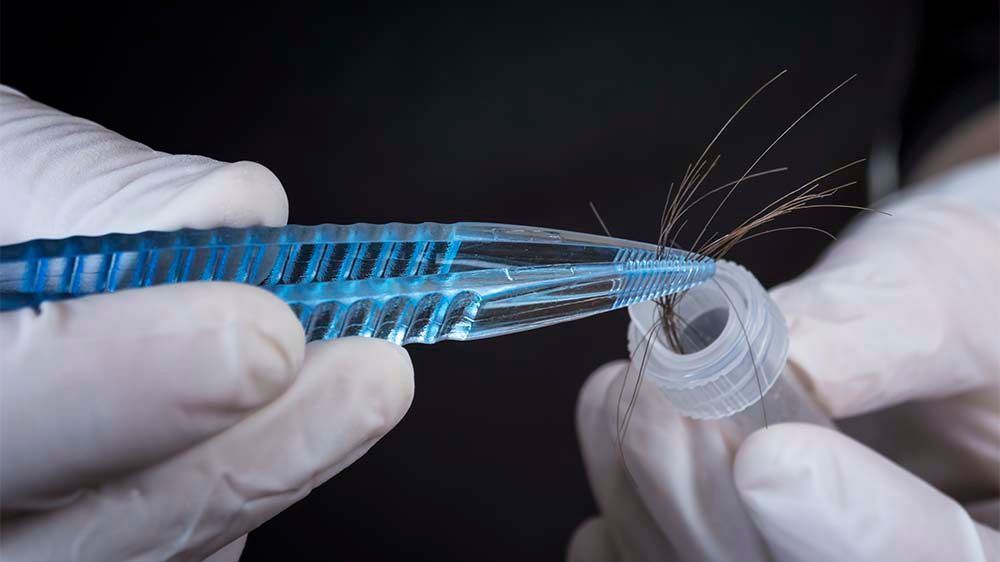About the project
The EU-funded project Digital DNA defines an emerging field and provides insights into three sets of developments.
Changes in hardware. It investigates how smaller and more mobile hardware influences the production of DNA evidence, and how DNA is used as hardware in computing.
Changes in databases and analytic instruments. It studies how a growth in DNA databases and their algorithmic analysis influence the production of DNA evidence, and to what extent digital databases and algorithms are associated with evidence-based reasoning.
Changes in information per se. It discusses how the ability to alter DNA influences the production of forensic evidence, and how DNA influences the concept of digital data.
In connection with this research project, Maja Vestad has her own PhD project. For more information, see the project's website: Forensic DNA Evidence Technologies and Criminological Horizons (link).
Outcomes
Digital DNA aims to:
- Document and explain evidence and evidence-based reasoning in the merging fields of digital innovation, DNA-research and forensics.
- Provide novel and detailed insights into the reciprocal influence of digital information, computing technologies, DNA and evidence on an empirical level.
- Develop a new understanding of digital information, computing, DNA and evidence, which need to be observed and conceptualized in relation to each other.
Background
Kaufmann and her colleagues seek to establish the field of digital criminology. This project speaks to this aim by looking at the confluences of biology and technology in specific.
Project period
The project will run for five years from 2021–2026.
Financing
This project has received funding from European Research Council (ERC) under the European Union's Horizon 2020 research and innovation programme. Grant agreement No. 947681 (ERC Starting Grant 2020).

